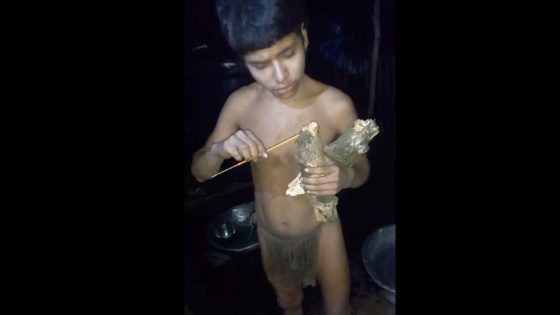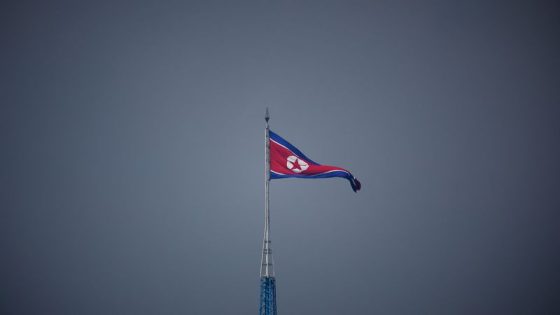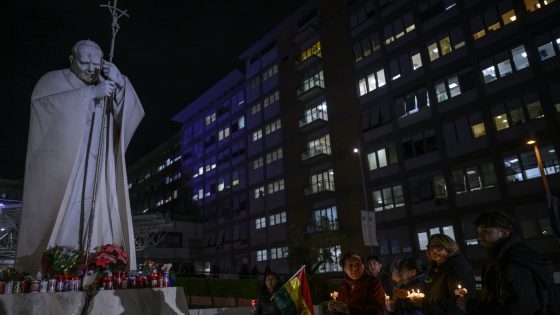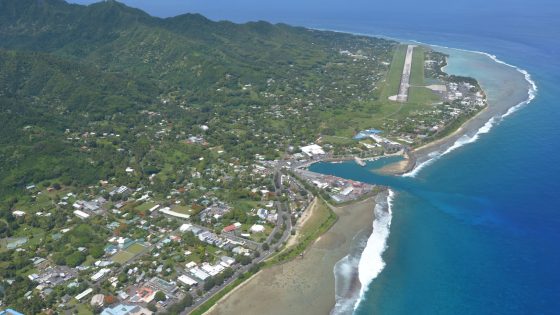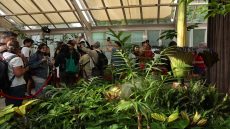A young man from an isolated indigenous tribe in Brazil’s Amazon returned to his community after a brief encounter with locals. The incident occurred on Wednesday, February 12, in Bela Rosa, a village along the Purus River, where the man was seen calmly asking for fire. He returned to his tribe less than 24 hours later, with officials from Brazil’s indigenous affairs agency, Funai, monitoring the situation to ensure his health and safety.
- Young man from isolated tribe approached village
- Encounter occurred in Bela Rosa, Brazil
- Man appeared calm and in good health
- Locals believed he was asking for fire
- Funai monitored for disease exposure risks
- Brazil maintains protected areas for tribes
The young man, who appeared barefoot and in good health, was seen carrying two logs during his visit. Locals believed he was seeking fire, a critical resource for survival. Funai officials quickly intervened, taking him to a nearby facility for evaluation. They expressed concern about potential exposure to diseases that could affect isolated tribes, as these groups often lack immunity to common illnesses.
In response to the encounter, Funai has implemented surveillance measures to prevent unauthorized access to the tribe’s territory. Brazil’s policy emphasizes the protection of isolated indigenous groups, avoiding direct contact while establishing monitored areas such as Mamoria Grande near the encounter site. This approach aims to safeguard their way of life and prevent the spread of diseases.
Funai’s statement confirmed that health professionals were dispatched to assess the young man’s condition. Their goal is to ensure he has not been exposed to any harmful pathogens. The agency’s commitment to protecting isolated tribes is reflected in their ongoing efforts to monitor and restrict access to these vulnerable communities.
This incident highlights the delicate balance between protecting isolated indigenous tribes and the curiosity or needs of outside communities. The swift response by Funai underscores the importance of health and safety for these vulnerable populations, ensuring that their traditional ways of life remain undisturbed.



